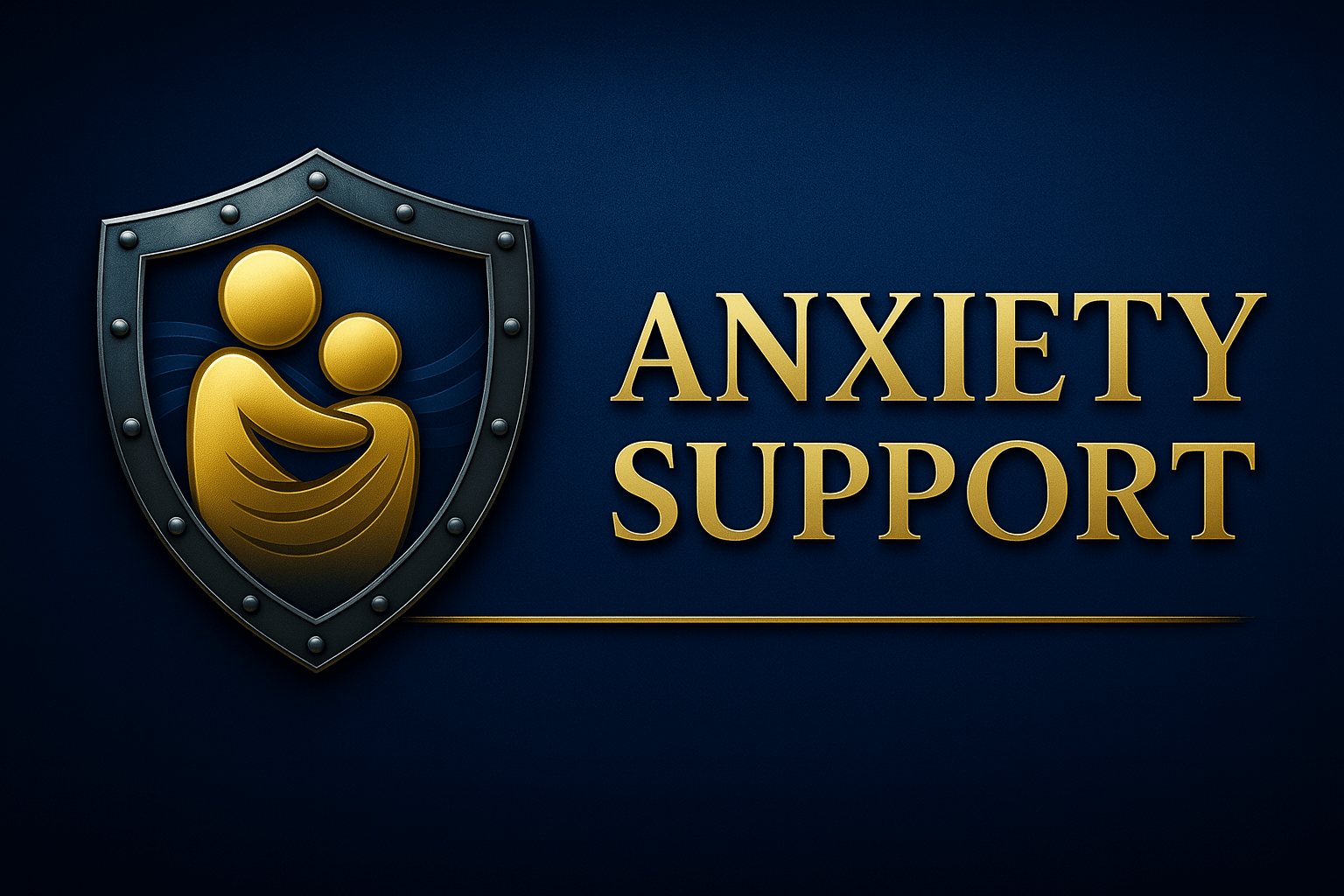

Anxiety in Children, Teens & Young Adults
Understanding the worry beneath the surface
What is Anxiety?
Anxiety is more than pre-test nerves—it can feel like racing thoughts, a tight chest, or fear that won’t listen to reason. At SHIELD Psychiatry, we clarify the emotional and physiological patterns driving anxiety and build a plan that fits your child, teen, or young adult.
Common Signs by Age
- Ages 5–12: school refusal, stomachaches, perfectionism, bedtime struggles
- Ages 13–18: panic or near-panic, avoidance, irritability, overachievement with burnout
- Ages 19–25: generalized worry, performance anxiety, transition stress (college/work)
Our Anxiety Treatment Approach
- Comprehensive psychiatric evaluation (DSM-5-TR context) and safety planning
- Evidence-based therapy: CBT, exposure-based skills, mindfulness, coping tools
- Medication management when indicated, with careful titration & monitoring
- Parent collaboration and school/college support for accommodations
Worry Constellation (At a Glance)
Lowering physiological arousal first makes skills easier to use.
Small, repeatable exposures reduce avoidance and build confidence.
Anchored sleep strengthens mood, focus, and stress tolerance.
Challenging “always/never” thoughts lowers worry’s power.
FAQs
- Is anxiety just stress? No—when worry disrupts function (school, sleep, social life), targeted care helps.
- Do you use medication? Sometimes. We start with therapy skills; meds are used when benefits outweigh risks.
- Do you coordinate with schools? Yes. We provide letters and collaborate for accommodations when appropriate.
Anxiety FAQ & Resources
-
Anxiety disorders involve persistent, excessive worry or fear that goes beyond normal stress. They can interfere with daily life, causing physical symptoms like racing heart, restlessness, difficulty concentrating, and sleep disturbances.
-
✔ Generalized Anxiety Disorder (GAD) – Constant, excessive worry about everyday life situations
✔ Panic Disorder – Sudden, intense episodes of fear with physical symptoms like rapid heartbeat and shortness of breath
✔ Social Anxiety Disorder – Extreme fear of social situations and judgment from others
✔ Obsessive-Compulsive Disorder (OCD) – Repetitive thoughts (obsessions) and behaviors (compulsions) aimed at reducing anxiety
✔ Post-Traumatic Stress Disorder (PTSD) – Anxiety following a traumatic event, leading to flashbacks, avoidance, and heightened stress response
✔ Phobias – Intense, irrational fears of specific objects, situations, or activities -
Anxiety disorders can develop from a combination of genetics, brain chemistry, personality traits, and life experiences. Stress, trauma, and major life changes can also trigger or worsen anxiety symptoms.
-
Anxiety is diagnosed through a comprehensive psychiatric evaluation that assesses your symptoms, medical history, and daily functioning. At SHIELD Psychiatry, we offer telehealth-based anxiety assessments to create a personalized treatment plan.
-
✔ Cognitive Behavioral Therapy (CBT) – The gold-standard therapy for identifying and changing negative thought patterns
✔ Medication Management – Anti-anxiety medications, such as SSRIs or benzodiazepines, when appropriate
✔ Mindfulness & Relaxation Techniques – Meditation, deep breathing, and progressive muscle relaxation to reduce stress
✔ Lifestyle Adjustments – Exercise, diet, sleep hygiene, and stress management techniques -
Yes! Many people manage anxiety effectively through CBT, mindfulness techniques, lifestyle changes, and structured therapy. Medication can be helpful for some, but non-medication approaches are highly effective and long-lasting.
-
✔ Practice grounding techniques – 5-4-3-2-1 method (name five things you see, four things you feel, etc.)
✔ Use controlled breathing – Slow, deep breaths help calm the nervous system
✔ Limit caffeine and stimulants – Reduce coffee, energy drinks, and excessive sugar intake
✔ Set realistic goals – Break tasks into manageable steps to reduce feeling overwhelmed
✔ Seek professional support – Therapy and structured techniques can provide lasting relief -
You can schedule an anxiety evaluation or consultation by filling out our online form or contacting us directly. Our telehealth services make it easy and accessible to receive expert care from the comfort of your home.
Anxiety Resources & Support
Quick Help
Apps & Tools for Anxiety Relief
- MindShift CBT (Anxiety Canada) Teen/AdultCBT
- CBT-i Coach (VA/Stanford) AdultInsomnia
- UCLA Mindful All agesMindfulness
- Breathe2Relax (DoD) All agesBreathing
- Calm Adult
- Headspace Adult
Books (Skills-Based)
- The Anxiety & Phobia Workbook — Edmund J. Bourne, PhD AdultCBT
- Rewire Your Anxious Brain — Pittman & Karle AdultNeuro
- Helping Your Anxious Child — Rapee et al. Parent6–12
- Freeing Your Child from Anxiety — Chansky ParentSchool-Age
Trusted Websites & Organizations
Resources are educational and do not replace professional care. If symptoms are severe or worsening, seek urgent evaluation.

